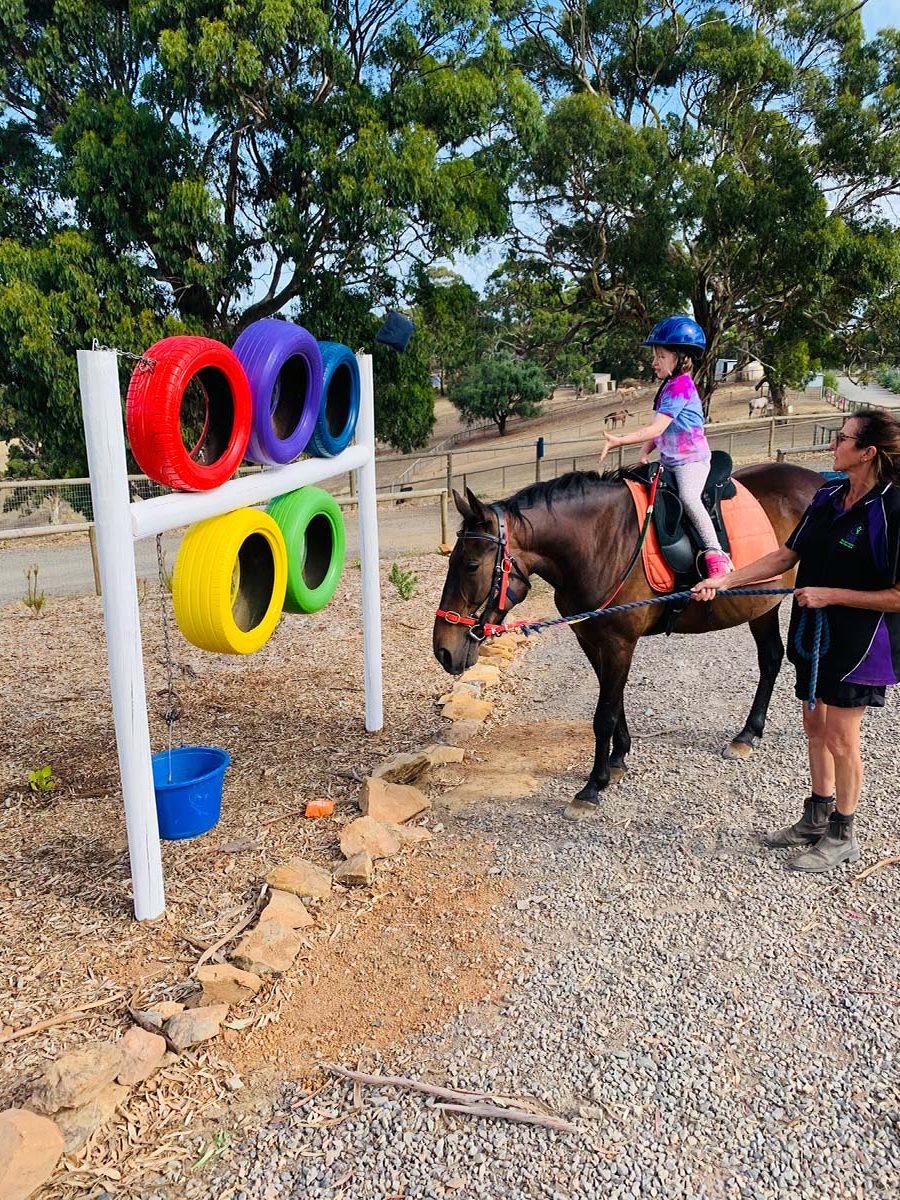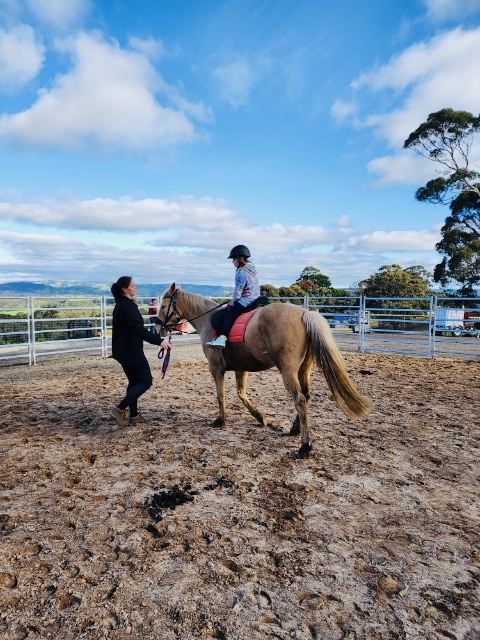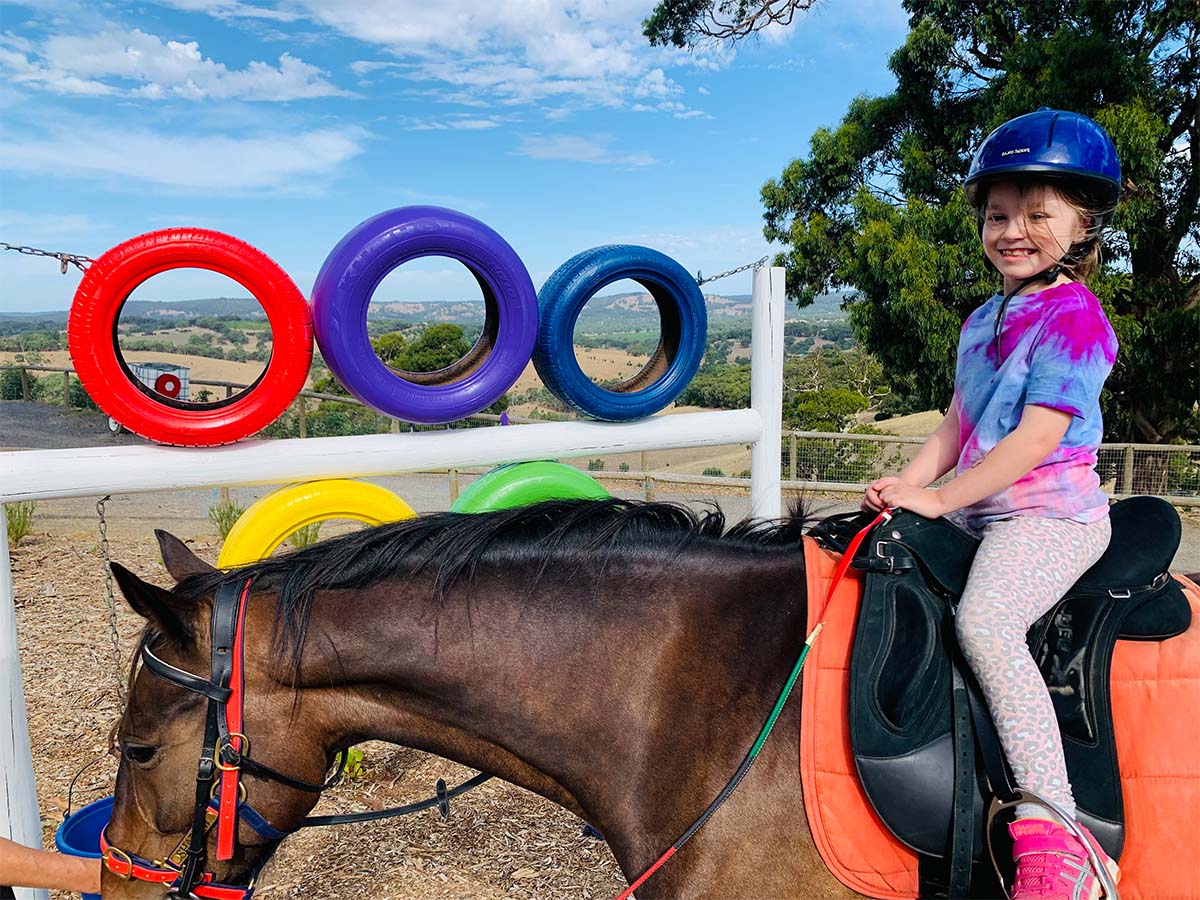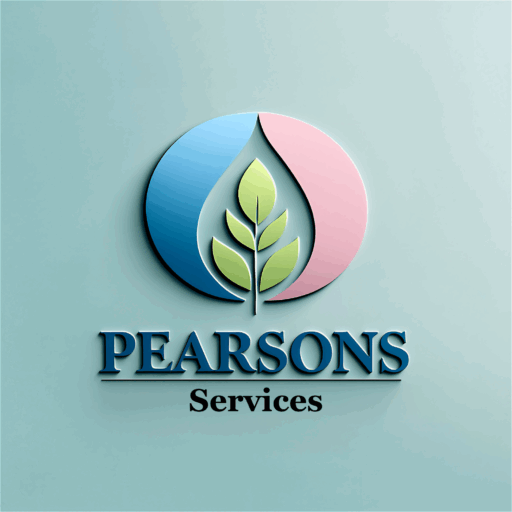Horse Therapeutic Lesson
Encouraging individuals to share their knowledge
What is it?
At the PAHS Farm in Clarendon we offer a range of different individual programs with our horses. The minimum age for our horse riding programs is 5 years, for younger children we offer our little pony groups, but this group does not include riding.
Prior to attending the farm, all participants are required to complete paperwork including an intake and waiver form. Once we receive this information we create a service agreement, which can be sent out to you to Doco Sign or can be left at the clinic for you to sign next time you come in. You are also more than welcome to contact our group coordinator to discuss any aspects of the program.
The benefits of engaging in a horse program:
There are many benefits of engaging in a horse or animal based program. Getting outside in the fresh air, having fun, trying new things, engaging with our gorgeous horses and other animals are all valid reasons to try horse or animal based activities. But there are many other reasons to try a horse program including:
- The horse’s movements have a dynamic effect on the rider’s body, improving coordination, posture and core strength, balance and increasing muscle tone/strength.
- Warm up activity’s cross the midline, working on balance and coordination while improving fitness and endurance.
- The horse and the riding environment offer a wide variety of sensory input to participants. Movement exploration on the horse combining with other sights and sounds of the farm contribute to the overall sensory experience.
- The horse provides a strong motivator for participants. Riding sessions incorporate activities and games on horseback designed to help each participant achieve goals such as following directions, staying on task, colour and number recognition, and reinforcing existing skills as well as learning new ones.
- For some participants the success of overcoming fear and anxiety and the ability to achieve riding skills help them to realize self-worth and increase self-esteem.
- Socially, the program and associated activities provide an excellent opportunity for participants to interact with their peers, program, and staff in a positive and enjoyable environment, improving communication and social interactions.
- The horse, rider, coach and therapist make up a unique team providing an opportunity for physical, emotional, social, recreational, and educational gains for participants.
Horse Programs
We offer 3 programs including:
A beginner program for someone who has little to no experience with horses
A novice program for a rider who can mount and dismount unassisted, is capable of applying basic aids, is comfortable and in control at the walk.
An intermediate program is for a rider who is confident, in control and able to do a rising trot.
At the end of each program the participant receives a certificate and ribbon of completion and are eligible to go up to the next level. For participants that may take a little longer to reach the different levels, they still receive a ribbon of participation and certificate.
We also have a special event at the last session where participants can invite family members to come along, share some snack foods, and meet their horse.
Each participant has their own horse, at least 1 instructor/coach (to lead the horse and support the participant). A second person (side walker) maybe required if there are concerns regarding balance/mobility to ensure that all runs smoothly and safety.
*The level of support required can be discussed further with our staff at the intake meeting



Accessing NDIS Funding
To use NDIS funding for horse experiences, it needs to pass the NDIS “reasonable and necessary” criterion. This means the request must be related to your disability, it must be good value for money and likely to be of benefit to you. The goals for accessing therapeutic riding should align to your NDIS goals. The therapist can look at your goals and break them down to reflect the aim and outcome of the program, for example:
Goal: To improve communication skills – this could be met while attending the horse program by: listening to the instructors and coaches, responding, and follow instructions, being able to ask and answer questions.
Goal: To develop social skills – attending the horse program could help meet this goal by: learning about horse social hierarchy and applying it to humans, to engage not only with the horse but instructors and other participants who may be having their lesson at the same time.
Goal: To build up strength and coordination – attending the horse program would help meet this goal by: strengthening muscles and improving balance as the participant exercises on the horse.
How we access funding
We want our program to be as accessible as possible, to suit the participant and funding available, if accessing the program via Capacity Building is a barrier to you please speak to our Group Coordinator, Kylie Cook.

Current Clients
Our program assesses Capacity building or therapy funding, if you are already a current client of PAHS, the process is relatively simple.
Therapists input
The therapist (you are already seeing) creates a plan with clear therapy goals and activities. The allied health assistant AHA (coach) follows this plan, with the therapist providing oversight and supervision to the AHA, they also update and monitor the plan as required. Within our session price we have allowed the time for the AHA to complete notes and to send them to the therapist and to have the time to have phone calls/emails to update the therapist on progress and outcomes.
We also allow 2-3 hours as a standard rate for the therapist to create the plan, support the AHA, update the plan and to complete a review report at the end of the term. At your intake meeting or when you meet with the therapist you can discuss other options which may be more appropriate. For example, for a participant with more complex goals or even behavioural concerns it may be more appropriate for the therapist to be more hands on and to attend some of the horse sessions or to have more oversight into the sessions.
The therapist and AHA (coach) can also utilise any missed appointment times to complete work.
New Horse experience clients
Very similar to the above information but dependant on goals and complexities we may need to gather more information so the therapist can write up a therapy plan and provide support to the allied health assistant who will be delivering the program. This can be discussed further in your intake meeting but could include meeting with the therapist to discuss goals and to gather information prior to being able to write a therapy plan.
What is the role of the allied health assistants?
The NDIS have two levels for allied health assistants:
- Therapy assistant Level 1- is where an Allied health assistant works under the delegation and direct supervision at all times of a therapist. We can use this level for sessions where a therapist is in attendance with the AHA and they work together.
- Therapy Assistant Level 2- This is an Allied health assistant working under the delegation and supervision of a therapist, where the therapist is satisfied that the allied health assistant is able to work independently without direct supervision at all times. Our coaches work at this level, they provide the expertise around horsemanship, while the therapist provides the support in delivering a therapy based program.
New Horse experience clients
Very similar to the above information but dependant on goals and complexities we may need to gather more information so the therapist can write up a therapy plan and provide support to the allied health assistant who will be delivering the program. This can be discussed further in your intake meeting but could include meeting with the therapist to discuss goals and to gather information prior to being able to write a therapy plan.
What is the role of the allied health assistants?
The NDIS have two levels for allied health assistants:
- Therapy assistant Level 1- is where an Allied health assistant works under the delegation and direct supervision at all times of a therapist. We can use this level for sessions where a therapist is in attendance with the AHA and they work together.
- Therapy Assistant Level 2- This is an Allied health assistant working under the delegation and supervision of a therapist, where the therapist is satisfied that the allied health assistant is able to work independently without direct supervision at all times. Our coaches work at this level, they provide the expertise around horsemanship, while the therapist provides the support in delivering a therapy based program.
Who can participate?
When?
TBC
Where?
PAHS Farm – Clarendom
Cost?
There are no out of pocket costs to the participant, all fees are claimable from the NDIS plan.
In determining the costs of the program there are so many variables to consider which can be discussed in the intake meeting, but generally the base costs are as follows:
- Therapeutic horse session- $173.58 per session for 1.5 hours face to face and 30 minutes non contact for set up, pack up, notes and time spent emailing/contacting the clinician overseeing the program.
- Intake meeting- No cost, can be completed over the phone, to discuss goals, outcomes, and complexities and to complete paperwork.
- Therapist involvement – Over a 9-11 week program (term program) the therapist will generally require 2- 3 hours to create a therapy plan, update and modify the program and support the coach in the delivery of the program. *There are many variables that can impact this, including complexities, type of goals targets and this can be discussed at the intake meeting or with the therapist. This is billed at the therapy rate of $193.99
- Other costs- If a participant requires extra support such as a side walker to stabilise the child while the horse is moving.
Prices correct as at November 2022, subject to change.
